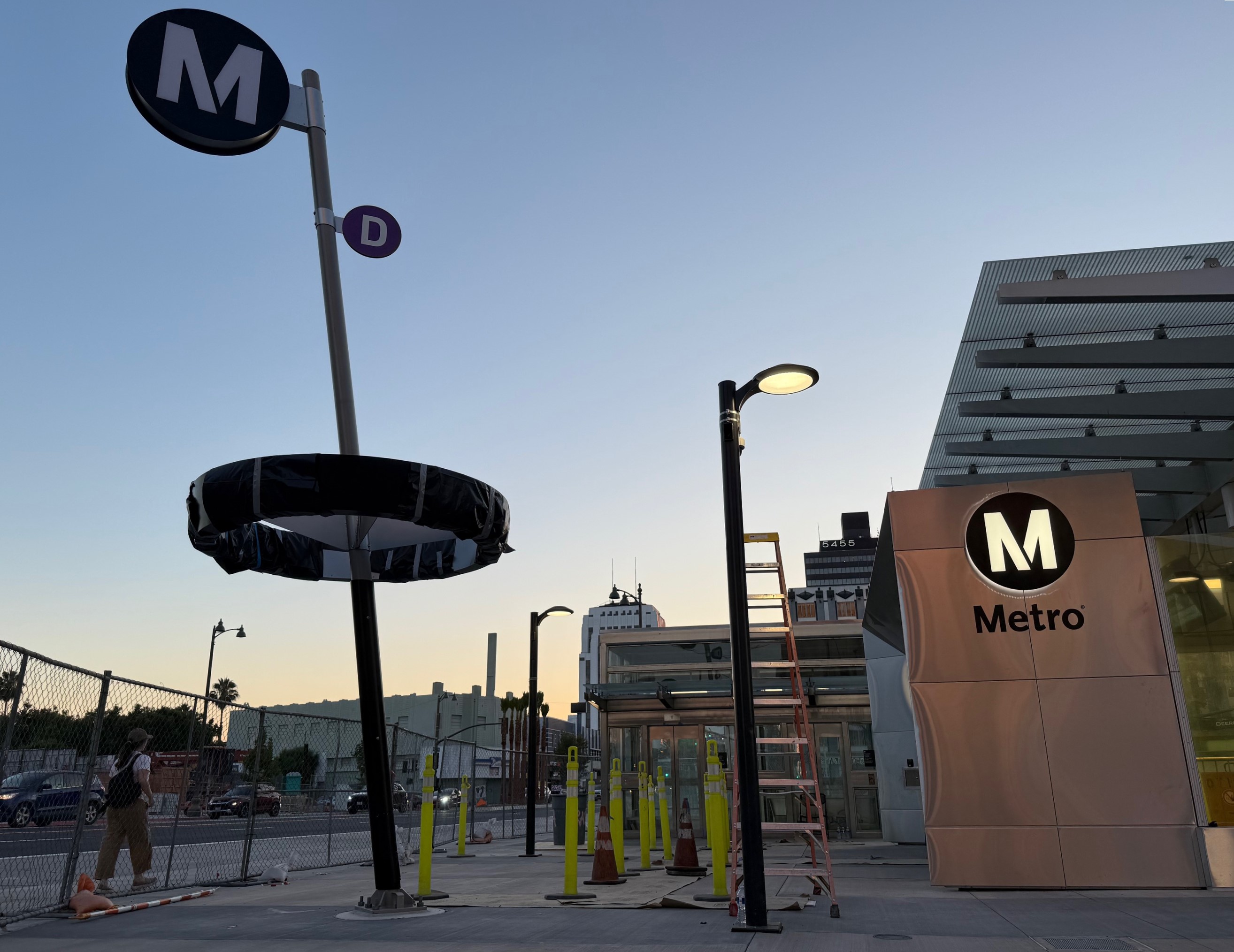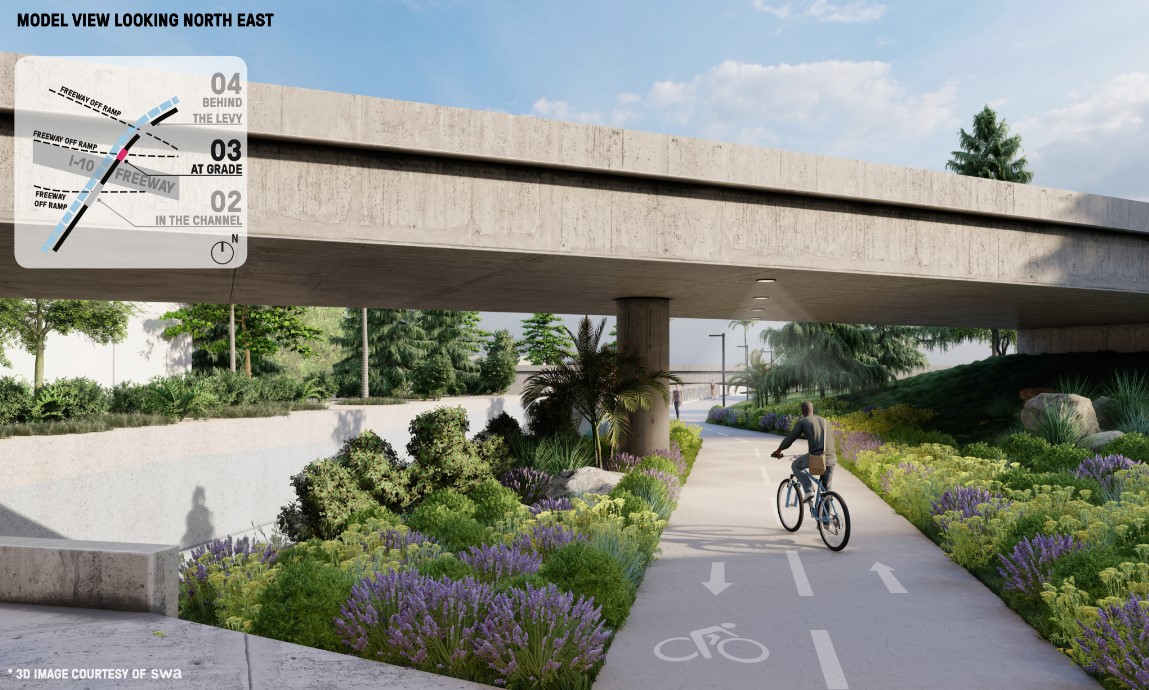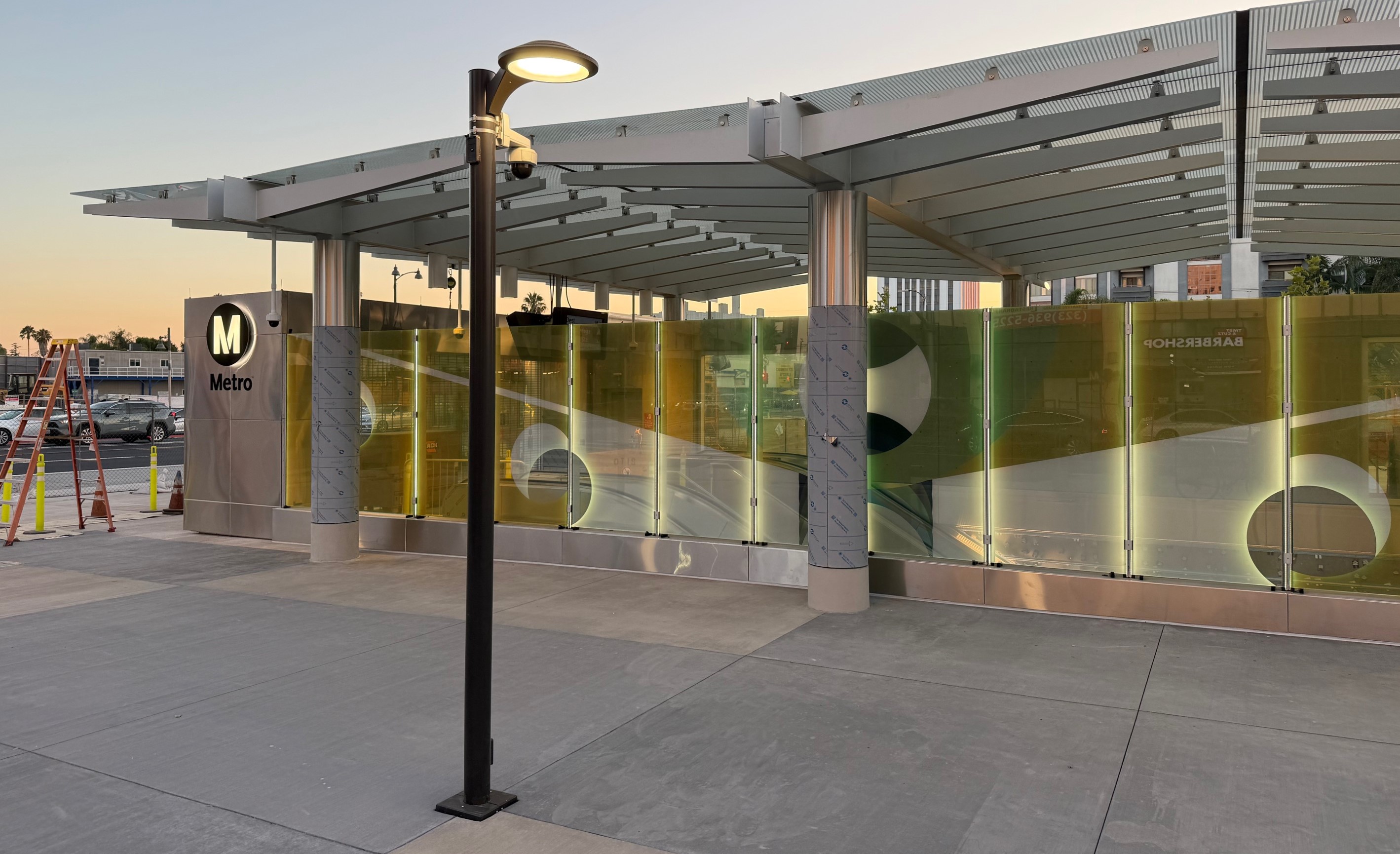
Suburban leaders in the Twin Cities region are angry. They believe too much money is being spent on transit in the city and not enough is being spent on highways in the region's outer reaches.
Political leaders from the five outlying suburban counties recently laid out these concerns for regional planners in what Twin City Sidewalks blogger Bill Lindeke calls a "manifesto" [PDF]. Lindeke went ahead and translated the document into less technical language here.
Lindeke says he's actually thrilled the suburban leaders brought up this fascinating topic:
This story is important because it shapes how transportation (and especially transit) spending priorities will proceed in the Twin Cities for the next decade. Are we going to continue building culs-de-sacs and dangerous ring roads out into the exurban farmland? Continue to catalyze big-box cannibals? Continue to pour millions down the vast parking lot drains chasing the mirage of suburban transit? Continue subsidizing developers and over-extended cities on the margins?
(Yes, of course we are. The next highway to Wyoming is well on its way.)
Lindeke did some digging and found several ways in which regional transportation spending and decision making are already weighted heavily toward the suburbs, to the detriment of less affluent people living in Minneapolis and St. Paul. He concludes:
It's hard to blame individual county politicians or city workers for demanding more money. After all, their job is to represent their own geographic interests.
But in the light of the Twin Cities' historical spending inequalities, the picture changes. Given how heavily the transportation funding deck has been stacked against cities, poor people, and sound investments, the fact that the five-counties are banding together to denounce so-called injustice seems disingenuous at best and immoral at worst. The only shame is that, because of the complexity of the funding and political mechanisms, more people can’t connect the dots and see last week’s meeting for what it is: a cry for help.
Perhaps it's the urban areas that need a manifesto of their own.
Elsewhere on the Network today: Los Alamos Bikes writes about state advocates' struggle to strengthen legal penalties for drivers who kill or maim cyclists. And Bike Portland says the city's new chief of police is good news for bike safety.






